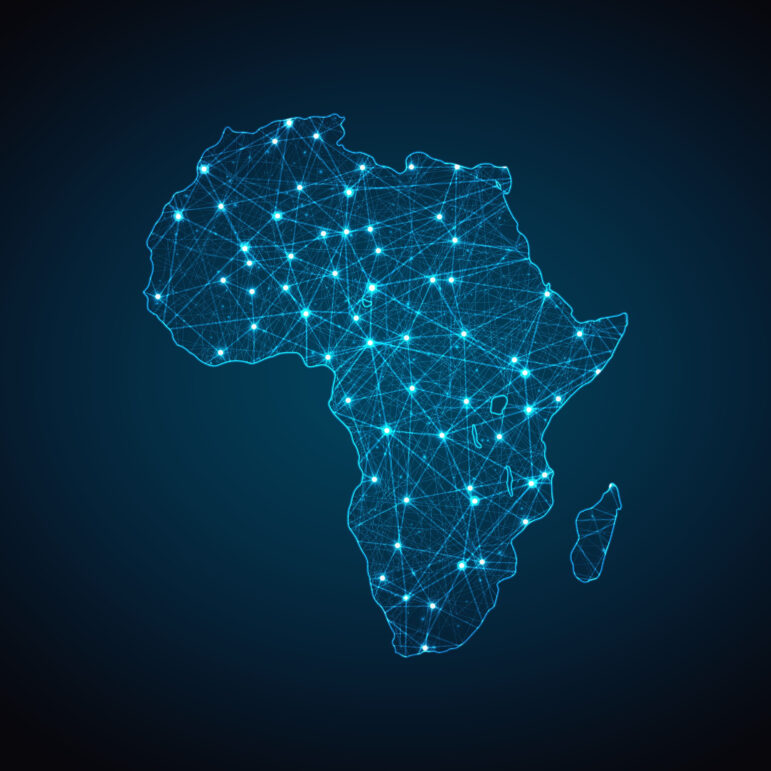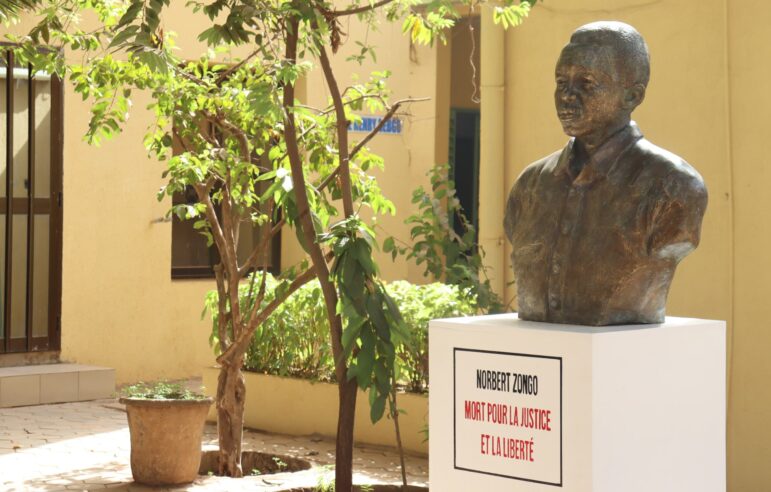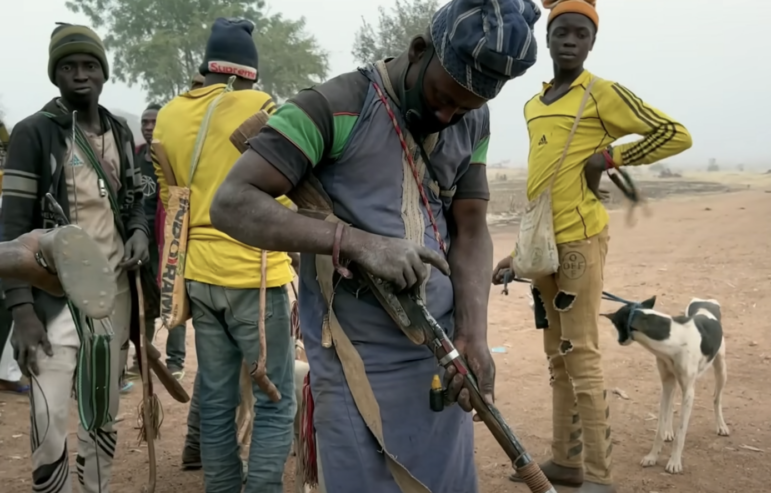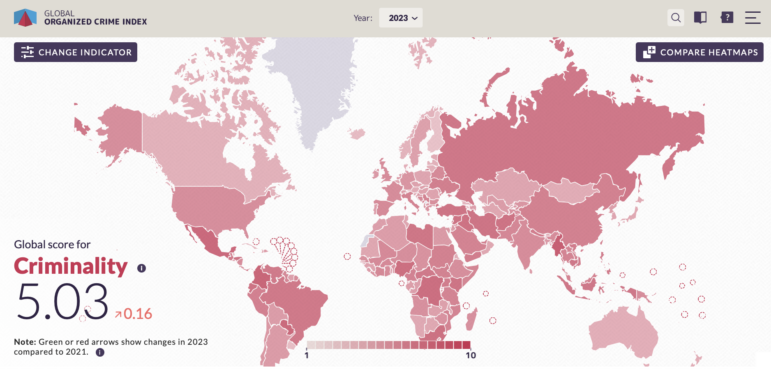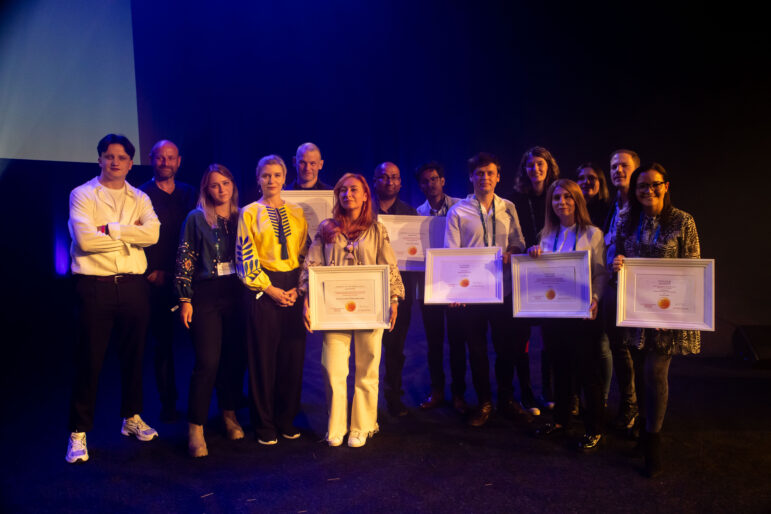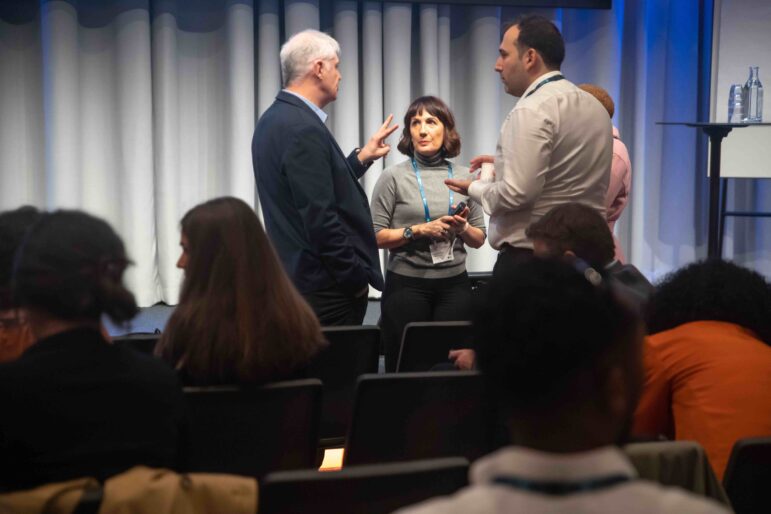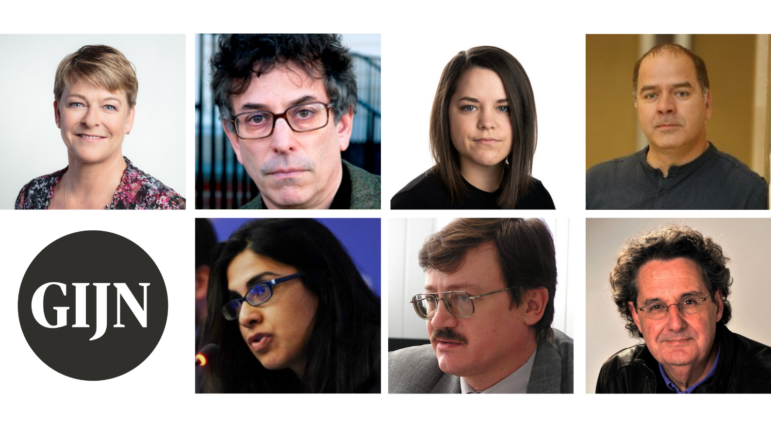
News & Analysis Press Freedom
The Perils Facing Investigative Journalism in Ethiopia: Media Capture, Deep Polarization, and Government Oppression
Investigative journalism in Ethiopia — Africa’s second most populous country — currently faces a series of severe challenges.

